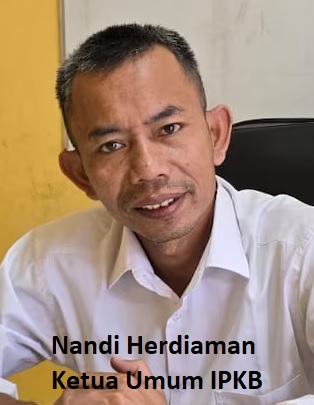The Association of Fiber and Filament Yarn Producers (Apsyfi) regrets that the practice of importing fabrics and threads is still rife in ports. As a result, it threatens the sustainability of the domestic industry. APSyFI Chairperson Redma Wirawasta said the practice of importing fabrics and threads has been going on for an hour in the last 5-7 years. However, the government's actions in eradicating these naughty individuals are increasingly receding here. "What we see is quite effective (the government's efforts) are used clothes. This means that if we look at the incoming new goods, it has started to decrease. But so far there has been no real action on cloth and yarn," Redma said, Wednesday ( 24/5/2023).
He further explained that imported fabrics and threads that enter the port are on average in bulk and under invoice.
Then, Redma said, in 2017, the government actually formed a Task Force for Controlling High Risk Imports (PIBT) against rogue elements at the port, but the Task Force did not last long. As a result, the rogue importers dared to come out of hiding and return to their actions.
"In the past, if we remember that Mrs. Sri Mulyani once formed the PIBT Task Force in 2017, that was to eradicate wholesale import practices. But this Task Force does not continue to exist and the supervision is also reduced. When this supervision is reduced, the import practice recurs. I think it is necessary to make efforts that can be more sustainable so that it does not happen again in the future," he said.
In addition, so that in the future this illegal importer practice will no longer exist, Redma asked the government to immediately improve the system at the port. Because, according to him, the monitoring system and other aspects that are currently in effect do not guarantee that Indonesia will be free from rogue importers.








